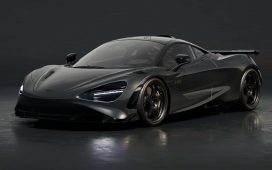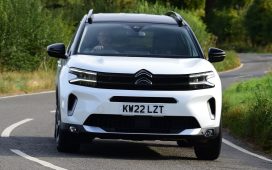As well as accelerating software and platform development, the brands also hope that pooling their resources can lower vehicle-production costs at a time when the flow of lower-priced electric cars from China into western markets is increasing.
While Rivian has been focused on electric pick-up trucks and SUVs, Volkswagen says the partnership will cover “all relevant vehicle segments, including subcompact cars”. Eyeing up Rivian’s electrical architecture and software, Volkswagen says it expects to launch its first models from the venture in 2027 – sharing technology with the upcoming Rivian R2 SUV due in 2026. This was revealed earlier this year, showcasing Rivian’s all-new platform.
Volkswagen says it will evolve Rivian’s modular EV architecture found in the R2 (which incorporates the battery into the platform and offers more than 340 miles of range) for its next-generation electric cars. These will be able to receive regular over-the-air updates, which VW says will increase “the added value throughout the entire lifecycle of the vehicle”.
While a working VW prototype with a production body has already been retro-fitted with hardware from Rivian, platform-sharing – as we’ve seen with Ford’s Capri and Explorer EVs making use of VW’s MEB architecture – won’t be on the cards.
What will the deal mean for VW Group infotainment systems?
Although infotainment will be a part of the new central computing system jointly developed by the two firms, Schäfer did say VW’s latest infotainment software in its electric vehicles was “state of the art” and that “infotainment wasn’t the decision driver for the future”.










